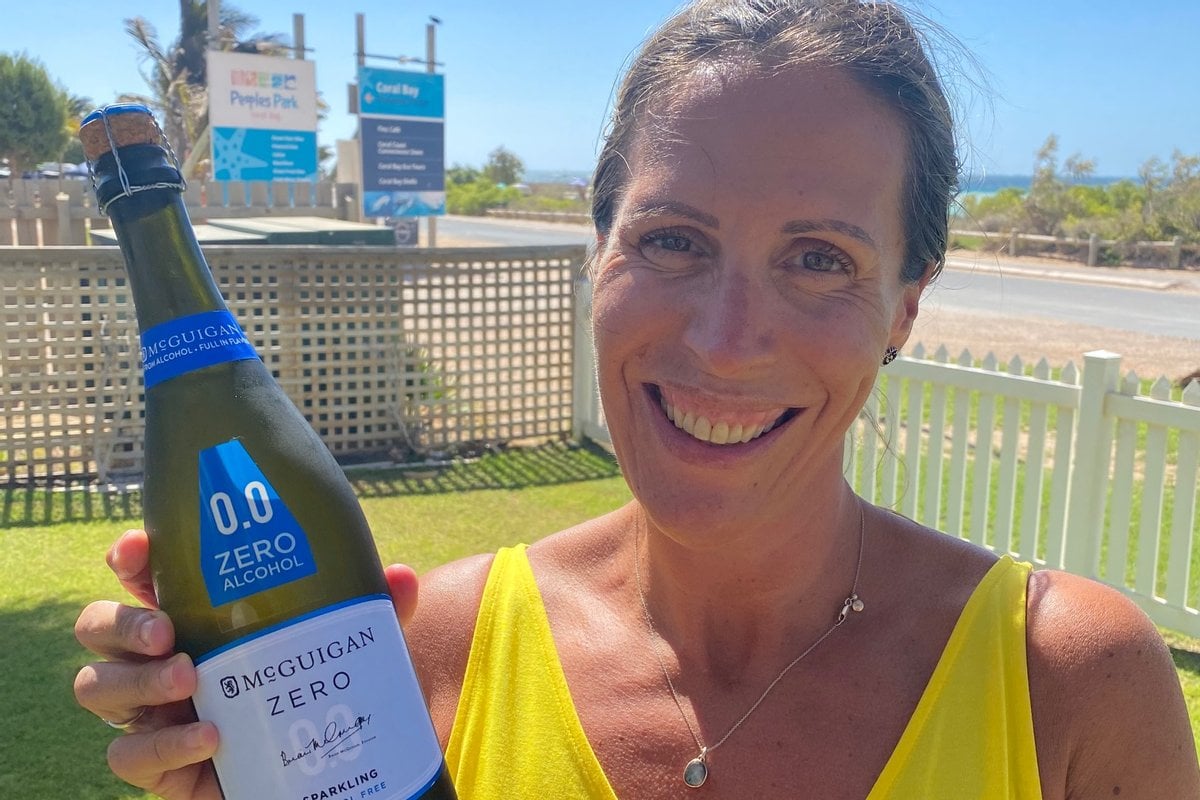
As told to Polly Taylor
I open my eyes.
My five-year-old daughter is beside the bed, her face etched with concern.
"Mummy, what happened to your face?" she asks.
My face...?
Fully awake now, I raise a hand to my cheek and wince. Then I see the blood streaked across the bedsheets. I feel the excruciating pain across the bridge of my nose, the throbbing in my skull.
I scream internally as I start to remember.
The night before it had been a friend's 40th birthday party. I'd sunk a bottle of champagne before I even got there. To loosen up, I told myself. Get in the party mood!
At the party, the drinks were flowing. The host was topping up glasses before they even got as far as half empty and I certainly wasn't complaining.
I could feel myself getting drunk, which was exactly where I wanted to be.
Later in the evening, I stumbled outside for a cigarette (I only smoked when I was drinking.)
After finishing my cigarette, I crouched down in my high heels to stub out the butt, but I lost my balance. As alcohol had robbed me of my reflexes, I toppled forward, landing squarely on the concrete, face first.
My lip split open, my nose smashed on the concrete, my eyes were blackening by the second.
Mortified, I went home. I vomited violently before passing out in bed.
Watch: Your body after one year without alcohol. Post continues below.


Top Comments